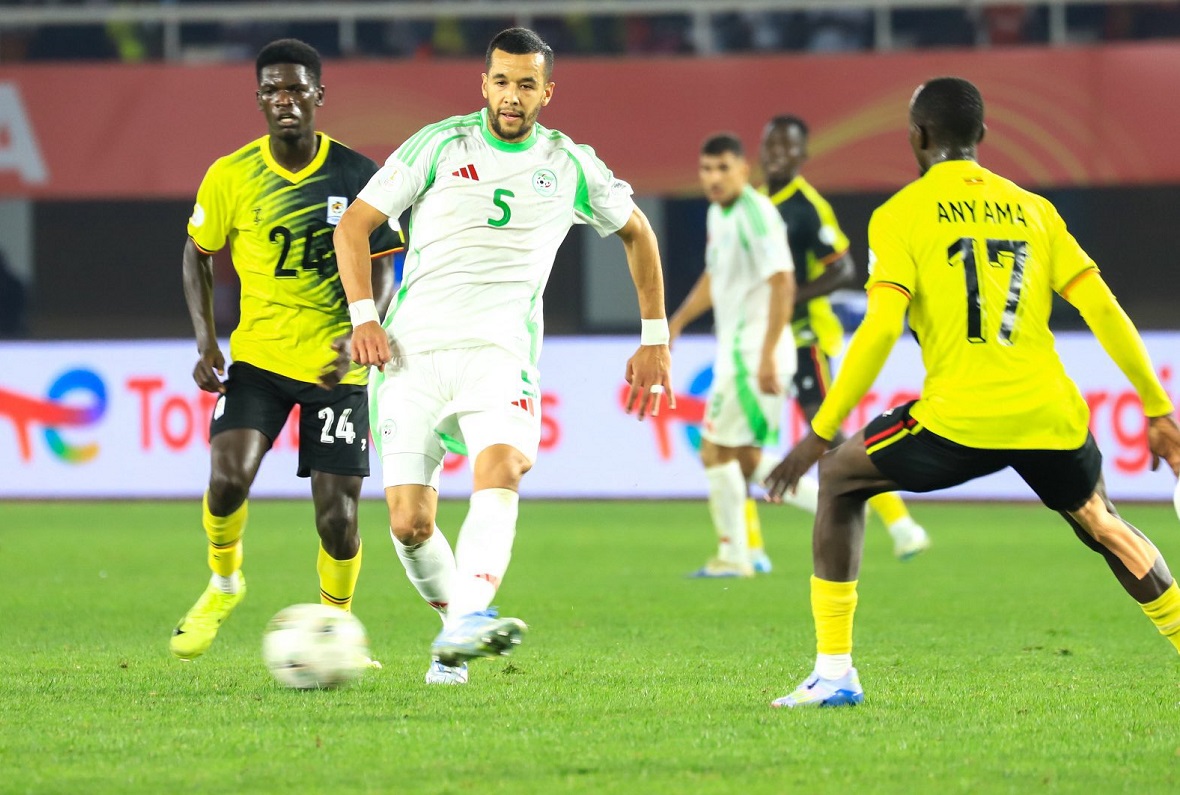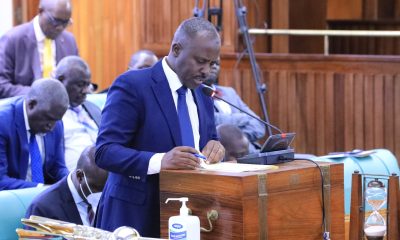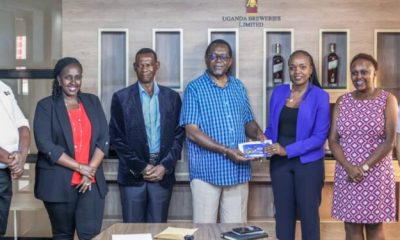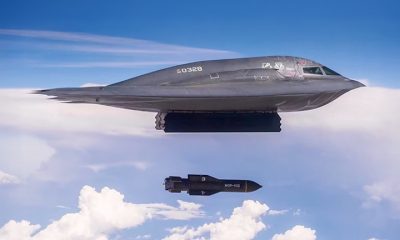OpEd
Morrison Rwakakamba: Why a Defeat by Algeria is a Potential Turning Point for Uganda’s Football
Uganda’s recent defeat by Algeria in the African qualifiers was a sobering moment for Ugandan football fans. Yet, such setbacks can serve as powerful catalysts for change. If we are serious about winning the African Championship within five years and being competitive at the World Cup in a decade, we must critically assess our current approach and invest in sustainable, long-term solutions.
The match against Algeria exposed significant gaps in Uganda’s football ecosystem. On every metric—technical, organizational, physical, and mental—the Algerians were ahead. This was not just a loss on the pitch but a reflection of deeper systemic issues. While there is hope for improvement in upcoming fixtures, it is clear that Uganda needs to address these foundational challenges if we are to compete at the highest levels.
Uganda has demonstrated excellence in other sports such as netball, cricket, and long-distance running. At one point, we were robust in rugby, though recent decline highlights the importance of a steady pipeline for talent development. This success in other disciplines proves that, with the right systems in place, Uganda can excel in football as well.
Looking abroad, the United Kingdom’s football industry offers a model for both sporting and economic success. The Premier League alone contributed £8 billion to the UK economy in 2021/22, including £4.2 billion in direct tax revenue and supporting over 90,000 jobs. The broader UK sports sector contributed nearly £100 billion, or 2.5% of total economic output. In Africa, Algeria’s top clubs, such as MC Algiers and CR Belouizdad, are valued at over €10 million each, driven by professional management, sponsorships, and strong fan engagement.
The Path Forward: Academisation of Ugandan Sports.
Uganda is making strides in building sports infrastructure, with new stadiums and facilities under construction by both the government and private sector. However, facilities alone are not enough. To bridge the gap with Africa’s footballing giants, Uganda must establish a comprehensive and credentialed system of sports academies integrated with the national education system.
Why Academies Matter:
- Talent Pipeline:Academies provide a structured pathway for identifying and nurturing young talent from an early age, ensuring a steady supply of skilled players for clubs and the national team.
- Career Pathways:Integrating sports academies into the education system creates legitimate career opportunities for young athletes, reducing the stigma around pursuing sport as a profession.
- Economic Impact:A thriving football industry can create jobs, generate tax revenue, and boost national pride, as seen in the UK and Algeria.
What Needs to Be Done:
- Policy and Regulation: Government should accredit and regulate sports academies, ensuring they meet educational and athletic standards.
- Public-Private Partnerships:Encourage private investment in academies and facilities, possibly through tax incentives or co-funding arrangements.
- Accessibility: Ensure academies are distributed across the country, not just in urban centers, so talent from all regions can be discovered and developed.
- Sustainable Funding: Develop a mix of government, private sector, and international funding to ensure long-term viability.
There are encouraging signs. The Uganda Premier League’s broadcast deal with StarTimes, valued at $7 million over 10 years, and strong merchandise sales by clubs like Vipers SC, show that football is becoming more commercially viable. However, these gains will only be sustainable if built on a strong foundation of talent development and professional management—starting with the academisation of our sports sector.
Uganda’s defeat by Algeria should not just be a cause for disappointment, but a turning point. By learning from our own successes in other sports and from international best practices, and by investing in a robust system of sports academies, we can build a football ecosystem capable of competing—and winning—on the continental and global stage. The time to act is now. Let’s go, Cranes!
Morrison Rwakakamba Coffee farmer — Rukungiri
Comments






















